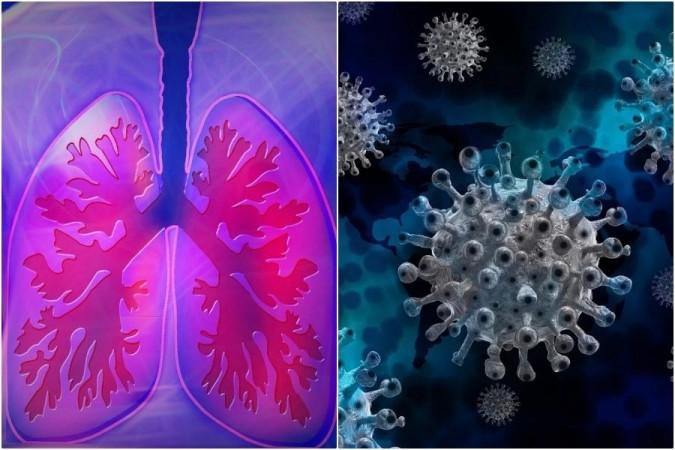It was the Delta variant of Covid that triggered the second wave of coronavirus in India. Unlike the first wave, the second wave of the pandemic in the Asian country was much more contagious, and the number of daily fresh cases reached the 4,00,000 mark in several days. And now, when the second wave of the pandemic has started showing signs of slowing down, medical experts have detected a new wave of Covid which they named Delta Plus.
What makes Delta Plus variant different from other Covid strains?
The Delta Plus variant of Covid was discovered on June 11, and recently, the government classified it as a variant of concern. According to the latest updates, more than 50 cases of the Delta Plus variant have been discovered in various parts of the nation, with Maharashtra reporting the maximum cases of this variant.

As the scare looms up, Dr NK Arora, head of coronavirus working group National Technical Advisory Group on Immunisation (NTAGI) has revealed that the Delta Plus variant has more affinity towards lung cells. However, it is still unclear whether the new variant of Covid is more transmissible and lethal than the other strains.
"Delta plus is having a greater affinity to the mucosal lining in the lungs, higher compared to other variants, but if it causes damage or not, is not clear yet. It also does not mean that this variant will cause more severe disease or it is more transmissible," said Arora, News18 reports.
Will India witness a third wave in the near future?
In the meantime, several medical experts including AIIMS director Randeep Guleria fear that a third wave outbreak of Covid in the country could be imminent. According to Guleria, a potential third wave could hit India within six to eight weeks, as people are very much hesitant to strictly follow coronavirus safety protocols.
A recent study report from IIT Kanpur also predicted that the third wave outbreak could happen by September or October.
















